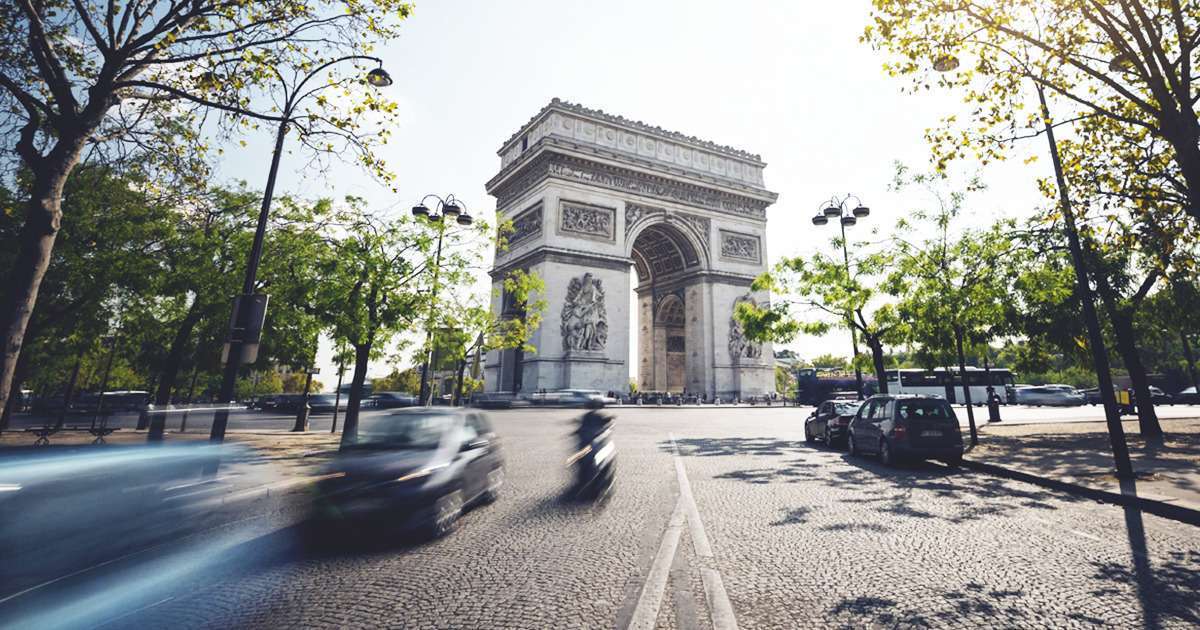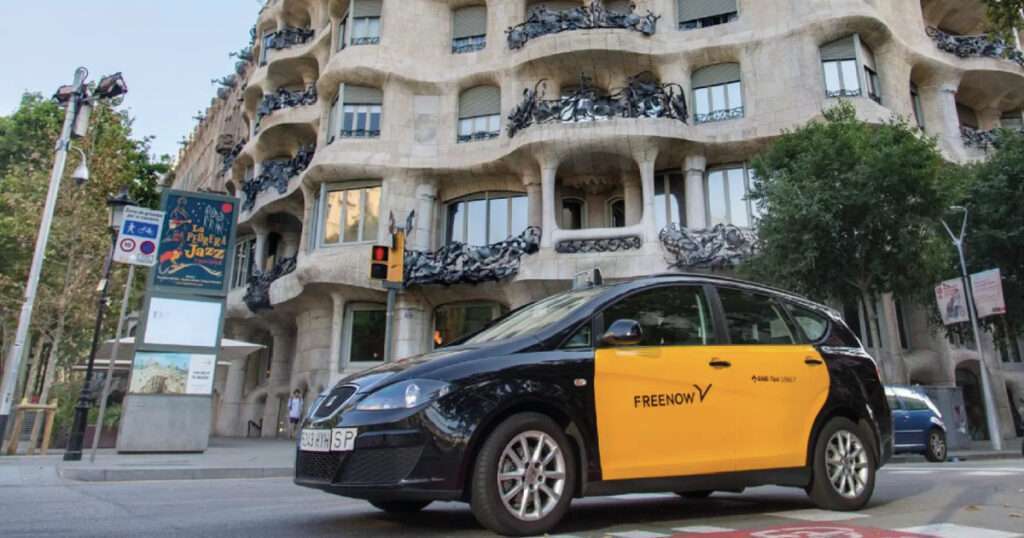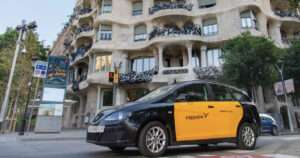While September 1er marks the return of the traditional daily routine for most of us, this fateful date also marks the arrival of several changes. And even more, so in this year 2023, on the city of Paris, which is proceeding from today with three major upheavals in terms of mobility, summarized in our article below…
The official end of self-service scooters
To begin with, the first change, and not the least… Undoubtedly, the biggest twist of the year, which has generated a lot of reaction! Namely, the ban on free-floating scooters in Paris from this Friday, September 1ᵉʳ. A measure that followed a referendum last April, when 89.03% of Parisians voted against these electric two-wheelers. These vehicles have been roaming the streets of the capital since 2018, and are now being phased out at the end of July.
Thousands of scooters offered by operators Lime, Dott and Tier, who have decided to repatriate their fleets to other European cities. In the case of Lime, these include Lille, London and Copenhagen. As for Dott, according to ActuParis, “the scooters were cleaned and repaired in their operations center before being deployed in cities such as Bordeaux and Brussels“.
This forced repatriation has not stopped these operators from promoting their electric bikes, which are still authorized in Paris. For Dott, the number of journeys increased by 166% and the number of users by 66% in this vertical.
We are already seeing an increase in the use of electric bikes. The coming months will enable us to determine whether an increase in the fleet is necessary, and this will be done with the agreement of the city of Paris and the towns in the Paris region hosting Olympic venues.
Dott
A new parking payment system
Described as “ridiculous” by some, according to France Bleu, the mandatory parking ticket for those benefiting from free parking has been abolished. This absurd measure obliged some drivers to buy a parking ticket in order to park for free in the streets of Paris. This category included owners of electric two-wheelers, vehicles intended for people with reduced mobility and vehicles used by professional homecare workers. “The watchword: Simplification”, as David Belliard, Deputy Mayor of Paris in charge of the transformation of public space, transport, mobility, the street code and roads since 2020, explains.
I hear that it’s sometimes long, sometimes annoying and that we’re probably not always moving fast enough. Today, I’m pleased to see that the matter has been settled, and that we can move towards greater simplification to encourage the switch to electric vehicles.
David Belliard, Deputy Mayor of ParisDavid Belliard, Deputy Mayor of Paris
A decision passed by the Paris City Council last July. Long controversial, many road users have found themselves inundated with numerous FPS. A Package after Parking introduced as this new denomination for fines in 2018, replacing the €17 fine. This penalty that can range from €25 to €37 depending on the arrondissement, with an average of 100,000 FPS given. A significant number of violations, with 4,000 contested and 2,000 refunded. The report also highlighted the long processing times for disputing fines. This will be reduced from eight to two months as of September 1ᵉʳ. And this for all road users!
On-demand stops generalized on night buses
Already in place in Nantes since 2015, the City of Paris aims to do likewise. “From this 1ᵉʳ September, buses operated by the RATP will gradually practice descent on demand after 10 p.m. throughout Paris“. A new initiative announced by Valérie Pécresse, president of the region and of Île-de-France Mobilités (IDFM), in an interview with our colleagues in Parisien. The concept? Allowing users to ask to get off between two bus stops, and thus get closer to their destination. On condition that they don’t stop just anywhere…
The requested stop must be on the road. As for the exact drop-off point, it’s up to the driver! Of course, as close as possible to your destination, but also well lit, with good visibility and a pedestrian walkway nearby.
Île-de-France MOBILITÉS
A system already in place in the inner suburbs since 2018. It was extended in April 2022 for six months on nine bus lines operating in Paris. The aim is to make travel safer, especially for women. This action complements several measures already taken by IDFM to combat sexual harassment on public transport. These include the deployment of plainclothes security teams, the introduction of the 3117 emergency number available 24/7, and the installation of call boxes in stations and on platforms…





